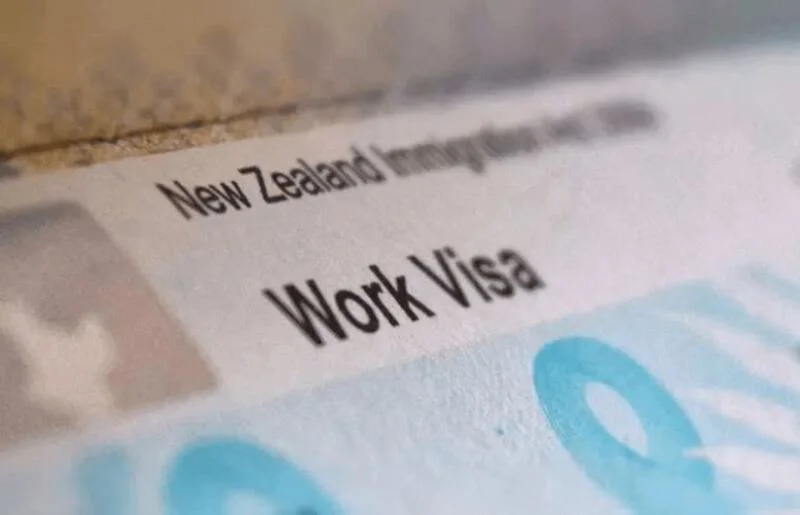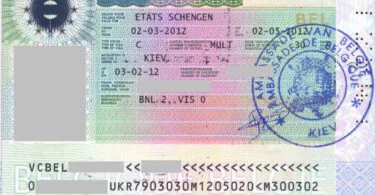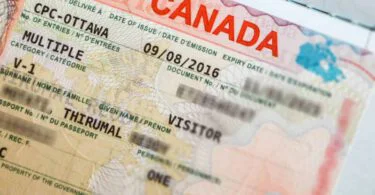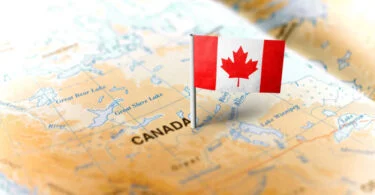Beginning on 1st October 2024, foreign visitors, employees, and students migrating to New Zealand will be subject to increased visa charges and a rise in the International Visitor Conservation and Tourism Levy (IVL).
These modifications, stated by the New Zealand authority on 3rd September 2024, strive to recover the growing expenses of processing visas and retain the relocation structure’s efficiency.
Table of Contents
Reason For The Change
The New Zealand authority has emphasized the significance of immigration in New Zealand’s economy, labor force, and community. Immigration assists:
- Unite again with families and pals
- Offer employers with essential experiences and mastery
- Satisfy New Zealand’s foreign dedications
- Safeguard the security and prestige of New Zealand’s borders
With relocation handling a vital position, it is only fitting that the people gaining from the structure add to its functional expenses.
Major Updates Effective From 1st October 2024
Increased Visa Charges
Visa charges for students, employees, and visitors will be adapted to adequately reflect the expense of processing requests and the advantages obtained by candidates.
Even though several foreign visitors come from visa-waiver nations and are excluded from requiring a visitor visa, people who do need one will, on the contrary, pay updated fees.
Higher International Visitor Levy (IVL)
The International Visitor Conservation and Tourism Levy (IVL), a non-repayment levy currently at $22.06, will rise to $63.07 for every qualified individual.
This levy is compulsory for several persons making an application for a visa or the New Zealand Electronic Travel Authority (NZeTA) to enter New Zealand.
If you enjoy this article, don't miss out on the valuable insights and information available in our other related posts:
- Italy Cracks Down On Self-Check-In: Key Box Prohibition For Holiday Rentals
- New Qualification Measures For Germany Work Visas And Opportunity Cards 2025
- English Requirements For Visas In Luxembourg, The UK, And Australia
- Format And Types Of Invitation Letters Acceptable For US Visit Visa In 2025
- Canada’s Nomad Visa: Stay For Six Months, Develop A Future For Life
Who Will Pay The International Visitor Conservation And Tourism Levy (IVL)
A lot of travelers making applications for the following visas will be required to reimburse the International Visitor Conservation and Tourism Levy (IVL) together with visa or NZeTA charges:
- Visitor visas: Exempting spouse and dependent classifications
- NZeTA applications
- Stipulated purpose work visas
- Student visas: Exempting dependent kids
- Working holiday and work exchange programs
Nonetheless, travelers from nations with fee-waiver consensus will be excluded from reimbursing these visa payments. Hence, the International Visitor Conservation and Tourism Levy will still be used.
Continued Support For Pacific Countries
Maintaining New Zealand’s long-standing dedication to its Pacific neighbors, visa candidates from Pacific nations will continue to benefit from subsidized charges even after 1st October 2024.
ESOL Programs To Get Extra Financing
From 1st October 2024, 80% of the expenses for English for Speakers of Other Languages (ESOL) schemes in New Zealand institutions will be financed by the people using the immigration system.
The authority will protect the remaining 20 percent, ensuring that these schemes proceed to support new landings in New Zealand.
In conclusion, as New Zealand adjusts its relocation guidelines to satisfy economic and functional requests, these elevated charges and levies ensure that the relocation system remains impactful, safe, and sustainable.
Whether you intend to visit, study, or get a job in New Zealand, it is imperative to contemplate these updated expenses beginning on 1st October 2024. So, ensure you budget accurately before starting your travel plans.





